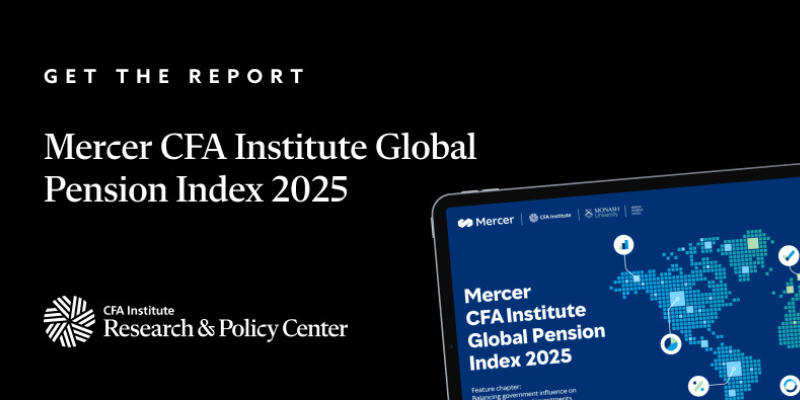
Candidate membership 2025/26
Join and be part of a network of like-minded CFA Program candidates.
Learn more >
Society Candidate Education
Customise your study program based on your study style and needs.
Learn more >
How to become a Charterholder
Becoming a charterholder is a defining moment for many investment professionals and exemplifies a strong understanding of advanced investment analysis and real-world portfolio management skills.
Learn more >
Member resources
Membership connects you with our local and global association of investment professionals and gives you access to benefits that help you pursue professional knowledge, advance in your career, and lead with ethics.
Learn more >
Sustainable Investing Certificate
The Sustainable Investing Certificate gives you the ability to incorporate ESG factors (environmental, social, and governance) into your investment decision-making process – capabilities that are increasingly sought after.
Learn more >
Volunteering
Volunteering for one of our many committees is an excellent way for investment professionals to share information and ideas with a community of peers.
Learn more >
CFA Program benefits for employers
The CFA credential is the gold standard in the investment industry; put it at the center of your hiring practices and development programs.
Learn more >
Demand the best. Demand a CFA Charterholder
The CFA Designation is global and standardise, engendering client trust and supporting an organisation’s organisation’s long-term success.
Learn more >
Partner with CFA Society Australia
Engage with industry stakeholders and investment management professionals through high-impact sponsorship opportunities and member communication.
Learn more >
Mercer CFA Institute Global Pension Index 2025
Australia’s retirement income system continues to perform on the world stage, earning a B+ grade in the 2025 Mercer CFA Institute Global Pension Index.
Get the report >Jobs in Australia
Search nowBrowse job listings in our Career Center and take your next step.

CFA Society Australia Professional Learning Webinars
Watch our Professional Learning webinars on demand.
Browse collection >
Driving Inclusion efforts
The CFA Institute Inclusion Code champions positive systemic change in the investment industry, addressing challenges posed by demographic, cultural and societal variations across markets.
Learn more >
Champion values
The Code of Ethics and Standards of Professional Conduct (Code and Standards) are the ethical benchmark for investment professionals around the world.
Learn more >
Investment Voices
Industry insights and career resources for university students to learn about the investment industry and explore exciting career pathways available now and in the future.
Browse collection >
Research Challenge
The CFA Institute Research Challenge is a global competition that provides university students with hands-on intensive training in financial analysis and professional ethics.
Learn more >
Research and Analysis
The investment profession stands at an inflection point, and we can’t rely on old models and maxims. CFA Institute identifies the trends and strategies shaping the future, and we have prepared resources to help you manage the transition.
Learn more>Become a
CFA Society Member
Learn More > Join a community of investment professionals dedicated to high ethical standards and access benefits that help you pursue professional knowledge, advance your career and lead with ethics.
The Evolution of Value
Featuring leaders from the CFA Institute Board of Governors, the society network, and CFA Institute, this film highlights our history and collective impact.







